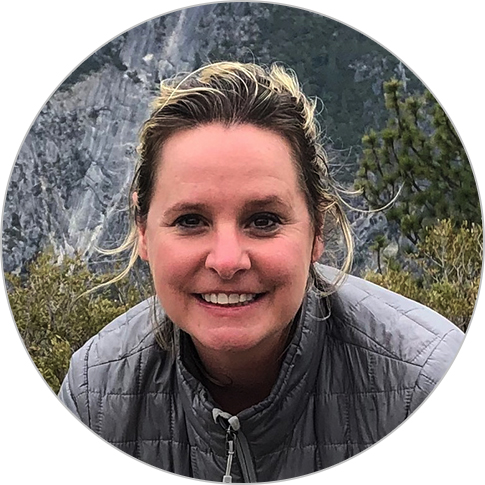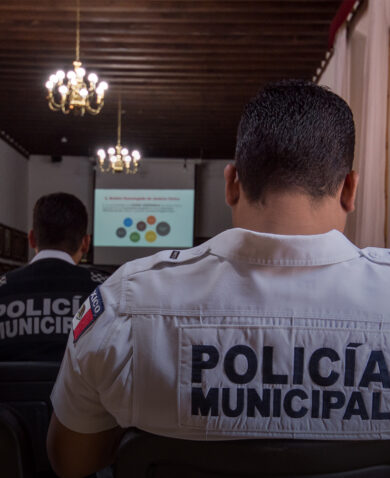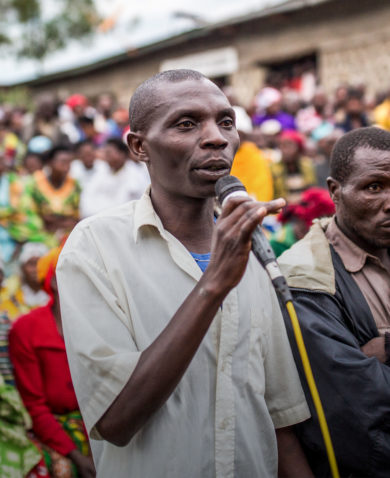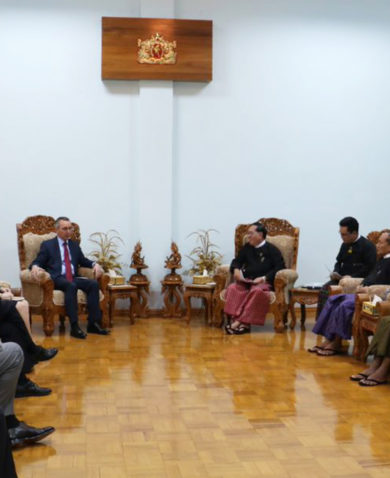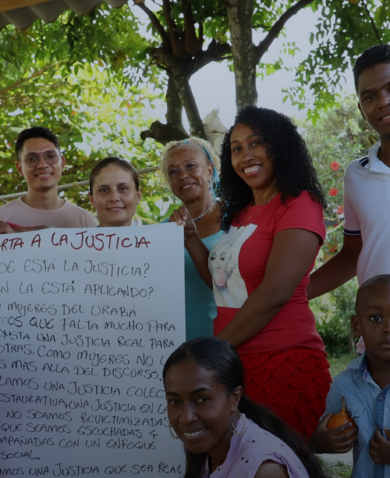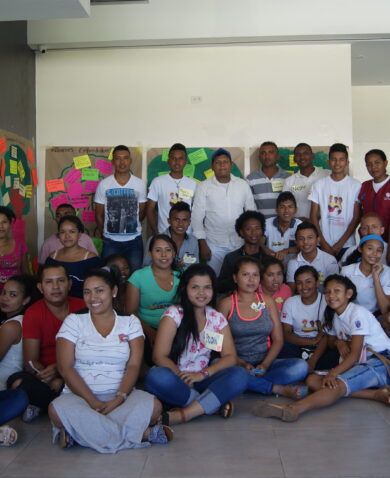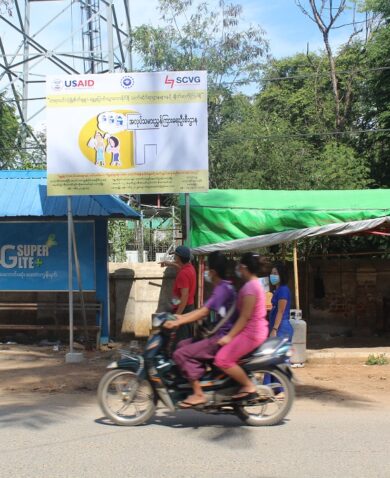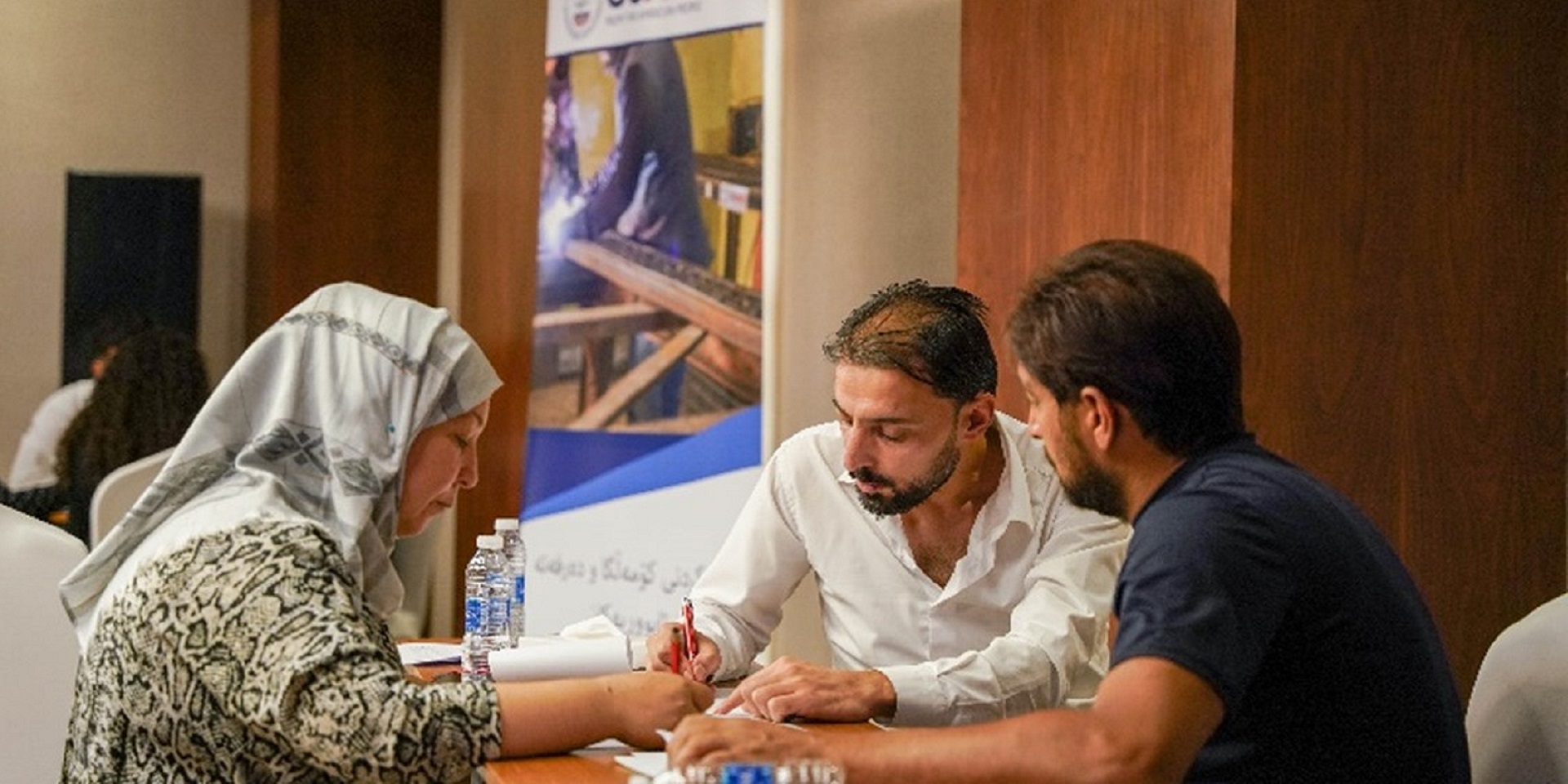
Filling in the Gaps: Generating Evidence through Applied Research Investments
November 28, 2023 | 4 Minute ReadChemonics’ Evidence & Learning for Scale (E&L4S) Awards seek to address USAID’s Learning Agenda questions through applied research. As the awarded proposals near the end of their study period, here is what we have learned so far.
There has been a notable shift across all USAID offices and the broader U.S. federal government towards a heightened emphasis on data collection, evidence generation, applied research, and learning, and the trend is evident in a series of regulatory and guidance documents. USAID’s 2022-2026 Agency Learning Agenda, along with USAID’s 45 sector-specific evidence and learning agendas, underscores the agency’s proactive response over the past three years to enhance the utilization of data and evidence for learning purposes. The E&L4S Awards are a reflection of deepening our own commitment to the same approach.
Investing in Applied Research
In 2023, Chemonics launched the Evidence & Learning for Scale (E&L4S) Awards as an internal competitive research process designed to directly address USAID Learning Agenda questions, generate evidence and learning on critical approaches, and communicate those findings externally. The study teams funded by the E&L4S Awards support the generation of rigorous evidence by designing and applying research methodologies in collaboration with local research partners to address and fill critical evidence gaps that cannot otherwise be done within a development project or single activity.
Because an improved understanding of human behavior can lead to more effective public policies and development programs, this year Chemonics awarded two studies – one in Colombia and one in Iraq – focused on identifying the drivers of behavior change. Each study brings its unique approach and context to generate key evidence. Now as they enter the final stages of generating findings and making conclusions, we are excited to share more about these important studies and look forward to sharing the final results soon.
Facilitating People-Centered Justice through Behavior Change in Colombia
The first awarded study aims to answer the question of which activities under the USAID-funded Inclusive Justice (IJ) and Justice for Sustainable Peace (JSP) programs have contributed to changes in behavior that facilitate the effective application of people-centered justice (PCJ). The significance of this approach lies in pioneering the systematic application of behavioral sciences to access to justice issues, providing lessons and inspiration for other development programs and Colombian policymakers.
Methods
The study is being conducted in partnership with Universidad EAFIT, in one of IJ’s target municipalities where increasing conflict has created a complex development environment. The design uses the COM-B model to understand the factors influencing behavior change, providing a structured framework for analysis. The sample includes both justice operators working in the local justice sector and citizens in both the intervention and non-intervention areas.
Initial Findings
The implementation of USAID’s Justice for Sustainable Peace and Inclusive Justice programs has positively influenced the behavior of justice service providers and users in a selected municipality. These changes reflect the adoption of three key principles of PCJ: user-centered, data-driven, and solution-oriented services. For instance, during an exercise, participants were presented with scenarios omitting specific justice practices. Officials and citizens within the intervention area recognized the lack of user-centered justice practices compared to non-participating citizens. However, challenges in adopting data-based and solutions-oriented principles highlight the need for future programming to address institutional constraints and enhance the overall adoption of PCJ in the municipality.
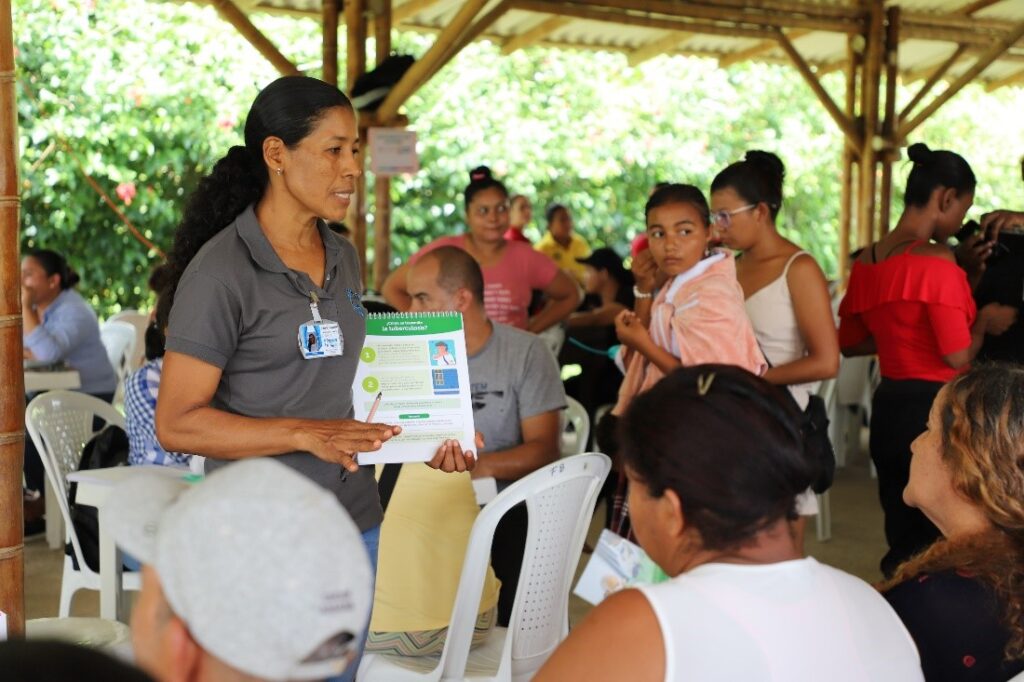
Creating Pathways for Locally Led Cooperation and Collective Action in Iraq
The second awarded study seeks to understand the effectiveness of the community dialogue process employed by the USAID/Iraq Durable Communities and Economic Opportunities Activity (Tahfeez). Specifically, the study assessed trust across diverse community groups, levels of collaboration, and collective action.
Methods
In collaboration with the local Iraqi firm Thinkbank and the University of Mosul, this qualitative study employed a multiple case study design focused on two distinct communities in Ninewa where Tahfeez’s community dialog processes have been implemented. The study consisted of 30 in-depth interviews and eight focus groups with those who participated in the dialog process and other members from the chosen communities.
Initial Findings
Participants, especially women, reported a significant emotional impact, leading to a strengthened sense of community and a shift in attitudes towards prevailing social norms. Key skills developed include leadership, effective listening, project management, and the ability to work across diverse groups, all seen as crucial for tackling community challenges. The program also highlighted the social value of volunteering, with many participants experiencing a sense of pride in contributing to the community beyond personal gains. Challenges included initial confusion about the program’s objectives and concerns over the transparency and effectiveness of implemented projects. An increased sense of inclusivity and empowerment among participants, leading to improved gender dynamics and enhanced public engagement, indicates a positive shift in community cohesion through dialogue, with notable progress in interpersonal and group interactions.
Lessons for International Development Actors
Both studies share a common focus on behavior change centered around the theme of building trust and collaborating with communities. The Colombia Inclusive Justice study explores the effectiveness of specific activities in achieving behavior change and provides insights that can inform the design and implementation of future development programs, making it relevant for policymakers in Colombia and, potentially, in other countries too. The Iraq Tahfeez study contributes new evidence by examining the impact of community dialogue processes on trust, collaboration, and collective action within diverse community groups. By focusing on specific outcomes related to behavior change, it sheds light on the effectiveness of dialogue as a strategy for fostering positive social dynamics. This evidence can inform community development and social cohesion initiatives globally, particularly those seeking to enhance collaboration and collective action through trust-building processes.
Beyond these specific lessons about behavior change, the E&L4S Awards also help to deepen development professionals’ understanding of research processes and enhance their ability to design and implement programs that are not only responsive to local needs but also rooted in evidence-based strategies.
Banner image caption: A community dialog process in Iraq in action. The photo was taken by Chemonics on behalf of the USAID/Iraq Durable Communities and Economic Opportunities Activity (Tahfeez).
Posts on the blog represent the views of the authors and do not necessarily represent the views of Chemonics.

